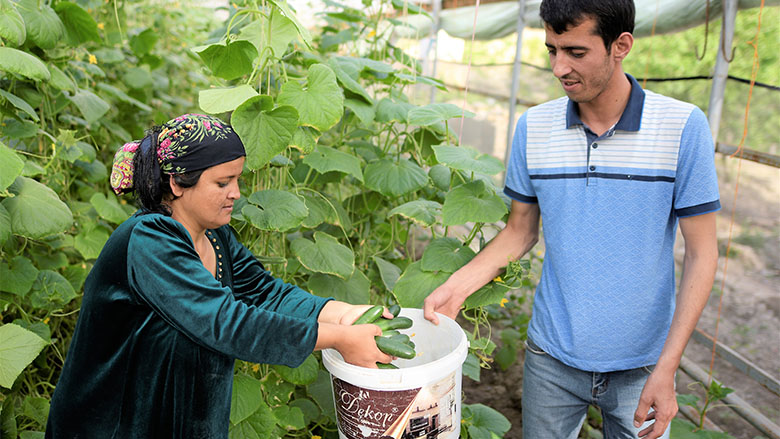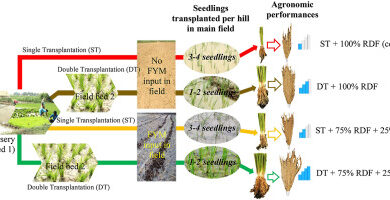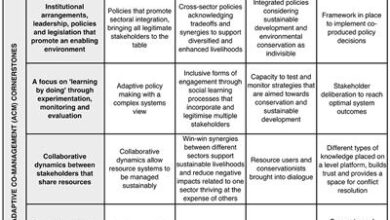Sustainable Management of Natural Resources Helps Tajik Communities Adapt to Climate Change

Through locally established common interest groups, the project has supported 2,350 small-scale investments in 6 project districts around Tajikistan. The investments have enabled communities to introduce and adapt more effective ways of managing natural resources, while helping people diversity their income-generating opportunities, and pass their knowledge on to others.
The project also partnered with 17 local civil society organizations (CSOs) to support community engagement activities, including building and dissemination of knowledge, training and mentorship.
“These initiatives are about behavior change,” says Yuriy Skochilov, Head of The Youth Ecological Center, a local CSO that works with beneficiaries of the project. “Throughout our interaction, we began to see a more environmentally-responsible mindset and behavior among land users, pasture users, and farmers in general.”
Another important aspect of natural resource management addressed by the project is soil degradation, which is caused by erosion and inefficient irrigation. It is estimated that land degradation from erosion caused by overgrazing impacts approximately 3 million hectares, or 85%, of the total pasture land.
Out of 720,000 hectares of arable irrigated land in Tajikistan, only 515,000 hectares is currently in use – due to the deterioration of irrigation and drainage infrastructure, water logging and salinization. To help address these challenges, the project has partnered with local Water Users’ Associations and Pasture User Unions.
The Оbi Shirin Water User’s Association, based in Kulyab town, supports 21 nearby villages with irrigation water services. Thanks to the project, Obi Shirin has improved irrigation and prevented water loss on 1,941 hectares of land through cleaning of drainage canals, installation of water meters and water pipes, and renovation of water gates.
Faizali Miraliev, manager of Obi Shirin, points out that the improvements are encouraging users to pay their fees in time, because they are seeing significant improvement in irrigation water services. “Moreover, improved irrigation is helping farmers increase their crops, so their incomes are improving too,” says Faizali.



